
How Red Light Therapy Technology Works
Introduction
I was excited to learn about red light therapy (RLT) for improving my skin and health. It seemed too good to be true at first. But after trying it, I found it to be a real game-changer.
RLT is a non-invasive treatment that uses red and near-infrared light. It stimulates cellular processes and promotes healing. This technology, also known as photobiomodulation, shows how light can affect our cells.
The heart of RLT is the mitochondria, our cells’ powerhouses. By exposing them to the right light, RLT boosts their energy. This can help our bodies repair and rejuvenate, leading to many benefits.
Red light therapy has a fascinating history. NASA first explored it for plant growth and wound healing in space. Now, it’s used in medicine and cosmetics, showing great promise in research.
Key Takeaways
- Red light therapy (RLT) is a non-invasive treatment that uses specific wavelengths of red and near-infrared light to stimulate cellular processes and promote healing.
- RLT works by targeting the mitochondria, the powerhouses of our cells, to enhance energy production and cellular repair.
- RLT has a wide range of applications, including reducing the appearance of wrinkles and scars, improving circulation, reducing inflammation, and promoting hair growth.
- RLT has a rich history, with its origins in NASA’s research on plant growth and wound healing in astronauts.
- Ongoing research is exploring the potential of RLT for various medical and cosmetic conditions, with promising results emerging.
Understanding Red Light Therapy Technology
Red light therapy, also known as photobiomodulation or low-level light therapy, is a non-invasive treatment. It uses low-power red and near-infrared light to stimulate cellular regeneration and promote healing.
Image courtesy of NOVAALAB LLC
Definition and Basic Principles
The core principle of red light therapy is the ability of specific wavelengths of light to penetrate the skin. These wavelengths, typically ranging from 600 to 850 nanometers, are absorbed by the mitochondria within cells. This leads to increased energy production and improved cellular function.Historical Development and NASA Origins
The discovery of red light therapy began in 1967 when Endre Mester, a Hungarian physician, accidentally found that low-power laser light could stimulate hair growth in shaved mice. This finding led to more research. In the 1990s, NASA used LED technology to grow potatoes in space. This showed the potential of red light to promote plant growth and wound healing.
Types of Red Light Therapy Devices
- Red light therapy can be administered through various devices, including masks, beds, panels, and wands. These devices deliver the specific wavelengths of red and near-infrared light that are most effective for cellular regeneration.
- The depth of light penetration varies. Blue light affects the uppermost layer of the skin, yellow light penetrates deeper, and red and near-infrared light reach the furthest into the tissue.
- Red light therapy is also used in photodynamic therapy to treat various skin conditions. It stimulates collagen production, increases fibroblast activity, enhances blood circulation, and reduces cellular inflammation.
Image courtesy of NOVAALAB LLC
The Science Behind Cellular Regeneration
Red light therapy, also known as photobiomodulation, uses light to help cells grow. It focuses on red and near-infrared light. These lights can go deep into the skin and reach the cells’ power centers, the mitochondria.
When cells catch these lights, they start to work better. This means they can repair themselves faster and grow new cells. For the skin, it boosts collagen, improves blood flow, and lowers inflammation.
Many studies back up red light therapy’s benefits. They show it can reduce inflammation, make skin more elastic, and help wounds heal faster. At the Medical College of Wisconsin, researchers saw a big jump in skin cell growth with LED light. Another study found it helped twins with muscle strength and size.
“NASA-funded research led to the emergence of multiple companies commercializing light therapy techniques. LED devices were shown to accelerate the healing of oxygen-deprived wounds in rats and speed the growth of skin, bone, and muscle cell cultures.”
Expert Video courtesy of NOVAALAB LLC
Red light therapy works because it targets specific light wavelengths. These wavelengths match different colors and penetrate the skin at various depths. This makes it effective for many issues, from aging and scars to pain and hair growth.
Skin Health and Anti-aging Benefits
Red light therapy for skin helps with wound healing and reduces wrinkles and age spots. It also makes skin look smoother and more youthful. Studies show it boosts collagen and elastin, making skin look radiant.
It’s also good for psoriasis, rosacea, and eczema. It relieves symptoms and improves skin look.
Pain Management and Inflammation
Red light therapy for pain is known for easing pain and reducing inflammation. It helps with jaw pain, arthritis, and tendon issues. Its anti-inflammatory effects reduce swelling and pain.
Hair Growth and Scalp Treatment
Red light therapy for hair helps with hair loss, especially for those with androgenic alopecia. It promotes hair growth and makes hair thicker. It’s a natural way to tackle hair loss.
Red light therapy is also being studied for dementia. It may improve memory and sleep in early research.
Mental Health
Research is showing that red light therapy might help with mental health and brain function. It could improve memory and sleep for people with dementia. It might also protect and enhance brain function in those with Alzheimer’s.
Treatment Process and Safety Considerations
Understanding Red Light Therapy is key. It’s a non-invasive treatment that uses red LED light. It helps with skin issues and boosts cell growth.
Red light therapy needs several sessions to work best. It’s mostly safe but might cause some side effects. These can include skin redness or blisters.
- Wearing eye protection is a must during treatments to avoid eye damage.
- It’s not for everyone, especially those with light-sensitive meds or skin cancer history.
- Red light therapy doesn’t use harmful UV rays and doesn’t increase cancer risk.
- Pregnant women should talk to their doctor before trying it.
Treatment costs vary. In-office sessions are pricier but might be more effective. At-home devices should be FDA-cleared and used as directed.
“Red light therapy is a promising treatment option for a wide range of skin and health conditions, but it’s important to understand the proper application and safety considerations to ensure the best possible outcomes.”
In summary, red light therapy is great for skin and health. But, it’s important to be careful and get professional advice.
Image courtesy of NOVAALAB LLC
Conclusion
Red light therapy is a non-invasive treatment with many uses. It can improve skin health and reduce signs of aging. It also helps manage pain and inflammation.
The technology behind Red Light Therapy (RLT) is getting better. Now, we have more advanced systems than before. This shows the growing benefits of this therapy.
New features like LED arrays and smart technology make RLT more effective. Research is also looking into its uses for hair growth, mental health, and sports performance.
If you’re thinking about trying Red Light Therapy, talk to a healthcare professional first. They can help make sure it’s right for you. With ongoing improvements in technology and more research, RLT could become a key part of our wellness routines.
Image courtesy of NOVAALAB LLC
Frequently Asked Questions
What is red light therapy and how does it work?
Red light therapy is a non-invasive treatment. It uses low-level red and near-infrared light. This light stimulates cellular processes and promotes healing.
It works by penetrating the skin at different depths. This activates mitochondria, the “power plants” of cells. It enhances energy production and cellular repair.
What are the benefits of red light therapy?
Red light therapy has many benefits. It improves skin appearance and reduces wrinkles, scars, redness, and acne. It also relieves pain, reduces inflammation, and promotes hair growth.
What types of red light therapy devices are available?
Red light therapy devices come in various forms. You can find masks, beds, panels, and wands. Each is designed to target specific areas of the body and penetrate the skin at different depths.
How does red light therapy work at the cellular level?
Red light therapy stimulates the mitochondria in cells. These are responsible for energy production. This enhanced energy production allows for improved cellular repair and new cell growth. It leads to various therapeutic benefits.
What are the main applications of red light therapy?
Red light therapy has diverse applications. It improves skin health, reduces inflammation and pain, and promotes hair growth. It may also benefit conditions like dementia and skin cancer.
How safe is red light therapy, and are there any precautions to consider?
Red light therapy is generally safe. However, high-intensity treatments can cause skin redness and blistering. Eye protection is recommended during treatment.
It may not be suitable for everyone. This includes those taking photosensitive medications or with a history of skin cancer or eye disease.
How often should I undergo red light therapy treatments?
Red light therapy typically requires multiple sessions. These sessions are spread over weeks or months for optimal results. Treatment frequency and duration vary based on the condition being treated and individual response.
Additional Information
Additional Sources of Information
- https://my.clevelandclinic.org/health/articles/22114-red-light-therapy – Red Light Therapy: Benefits, Side Effects & Uses
- https://www.webmd.com/skin-problems-and-treatments/red-light-therapy – What Is Red Light Therapy?
- https://www.healthline.com/health/red-light-therapy – Red Light Therapy: Uses, Benefits, and Risks
- https://www.verywellhealth.com/red-light-therapy-5217767 – What Is Red Light Therapy?
- https://spinoff.nasa.gov/NASA-Research-Illuminates-Medical-Uses-of-Light – NASA Research Illuminates Medical Uses of Light
- https://ledtechnologies.com/blog/red-light-therapy-skin-benefits/?srsltid=AfmBOorJpTxcymKalclO7SprSIPkJONV5ZKDe4dfTnXiEU8CdZ_BJi4H – Benefits of Using Red Light Therapy and How It Works
- https://www.health.com/red-light-therapy-benefits-7693320 – Does Red Light Therapy Improve Acne? Potential Benefits of This Laser Treatment
- https://www.forbes.com/health/wellness/red-light-therapy/ – Red Light Therapy: Benefits, Side Effects And Uses
- https://www.health.com/best-red-light-therapy-devices-7759543 – Do Red Light Therapy Devices Work? We Tried Top Options for 6 Weeks to Find Out
- https://www.health.com/red-light-therapy-7092824 – 11 Conditions That Benefit From Red Light Therapy
- https://www.today.com/health/skin-beauty/red-light-therapy-rcna142437 – Red light therapy is going viral for skin, hair and exercise benefits. Does it actually work?
- https://pmc.ncbi.nlm.nih.gov/articles/PMC3926176/ – A Controlled Trial to Determine the Efficacy of Red and Near-Infrared Light Treatment in Patient Satisfaction, Reduction of Fine Lines, Wrinkles, Skin Roughness, and Intradermal Collagen Density Increase
- https://avantibody.com/blog/technological-advancements-in-red-light-therapy/ – Technological Advancements In Red Light Therapy | Avanti Body
- https://motusspt.com/red-light-therapy-for-inflammation-and-pain/ – Red Light Therapy for Inflammation and Pain





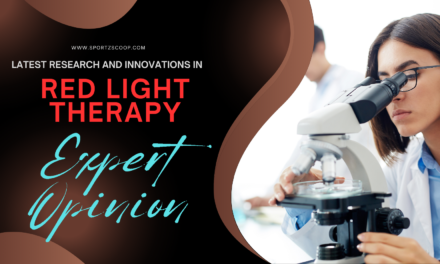








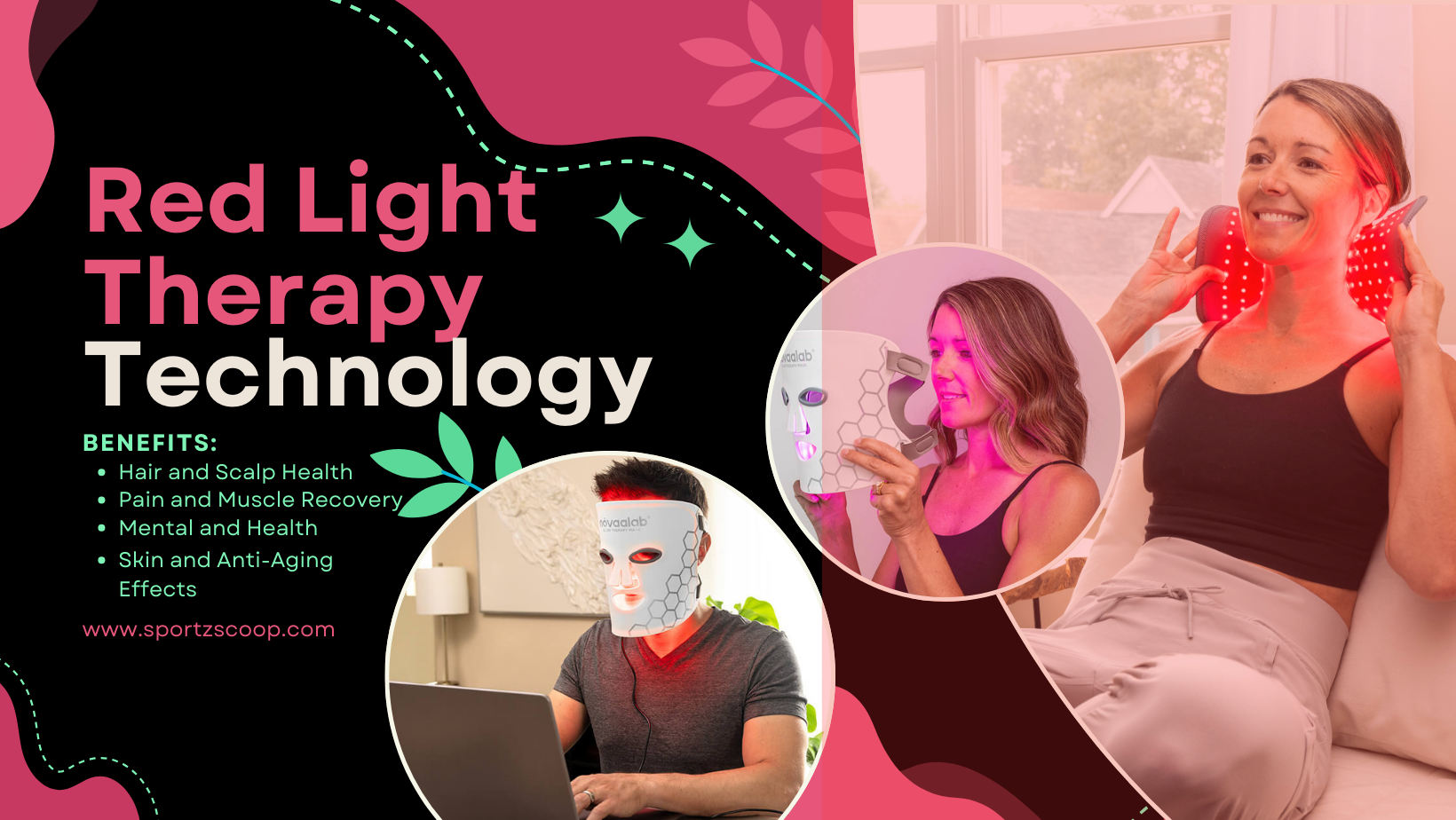

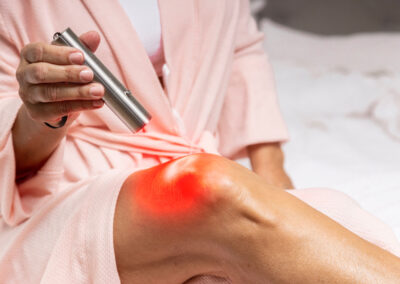
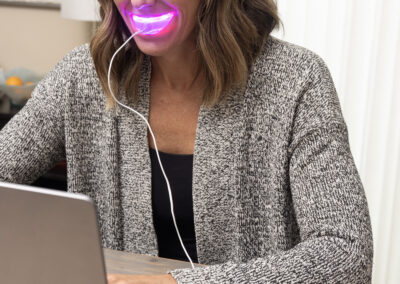
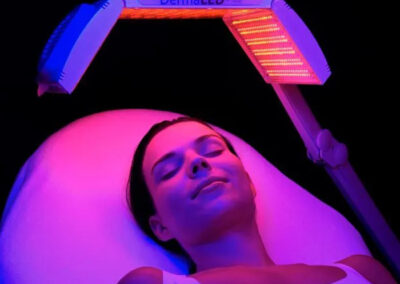




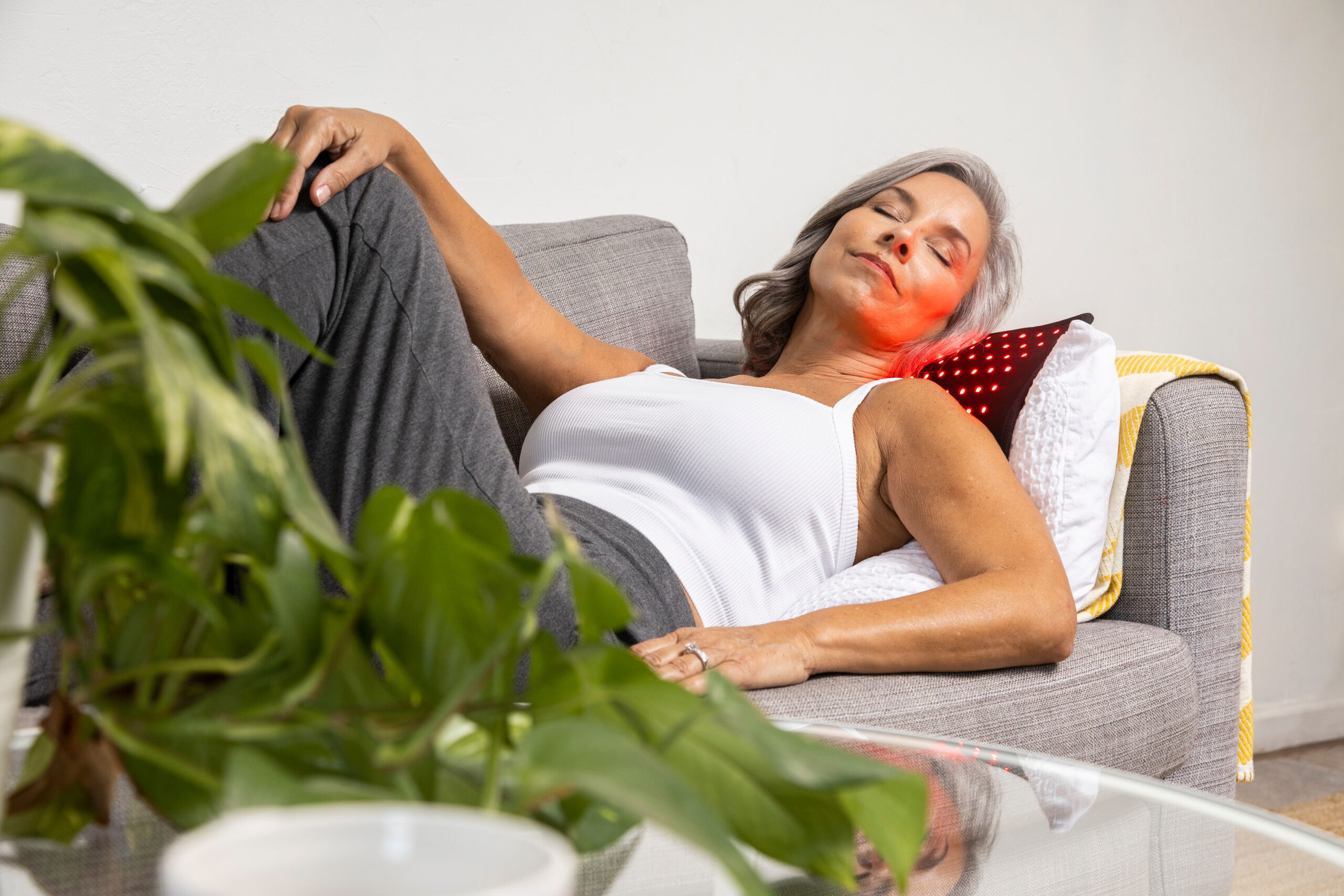
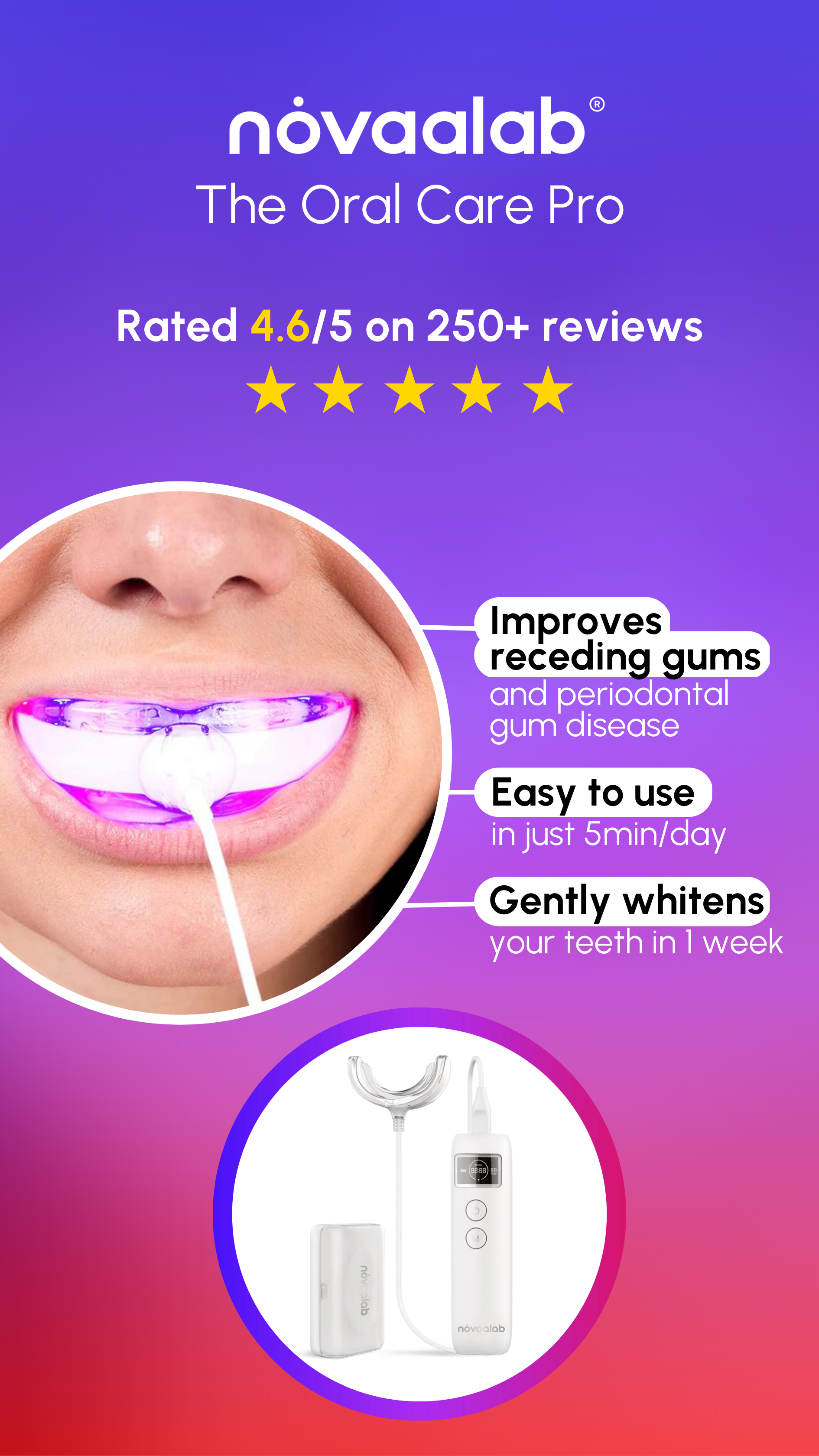
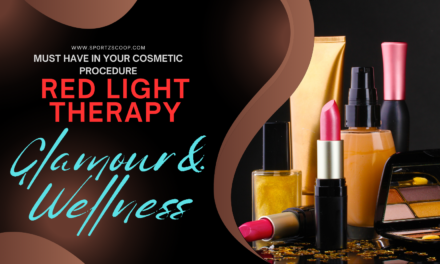
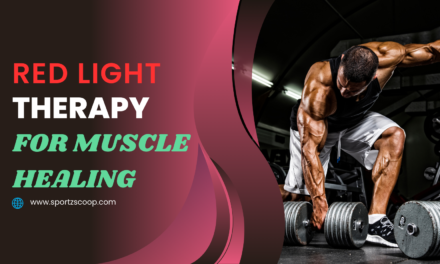
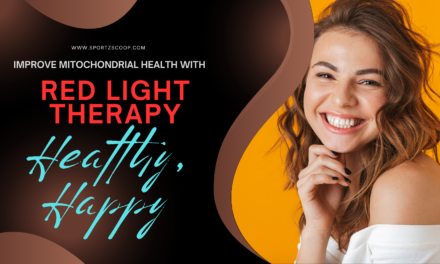
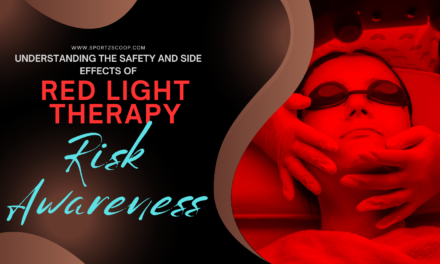










Unlock Exclusive Product Insights: Subscribe Now
Join our community of savvy shoppers! Subscribe to our monthly newsletter for expert reviews, top product recommendations, and exclusive deals delivered straight to your inbox. Don’t miss out on discovering the best products on the internet – sign up today and start shopping smarter!
You have Successfully Subscribed!
We promise not to spam you - only quality content to help you discover the best deals on the internet! Absolutely Free.